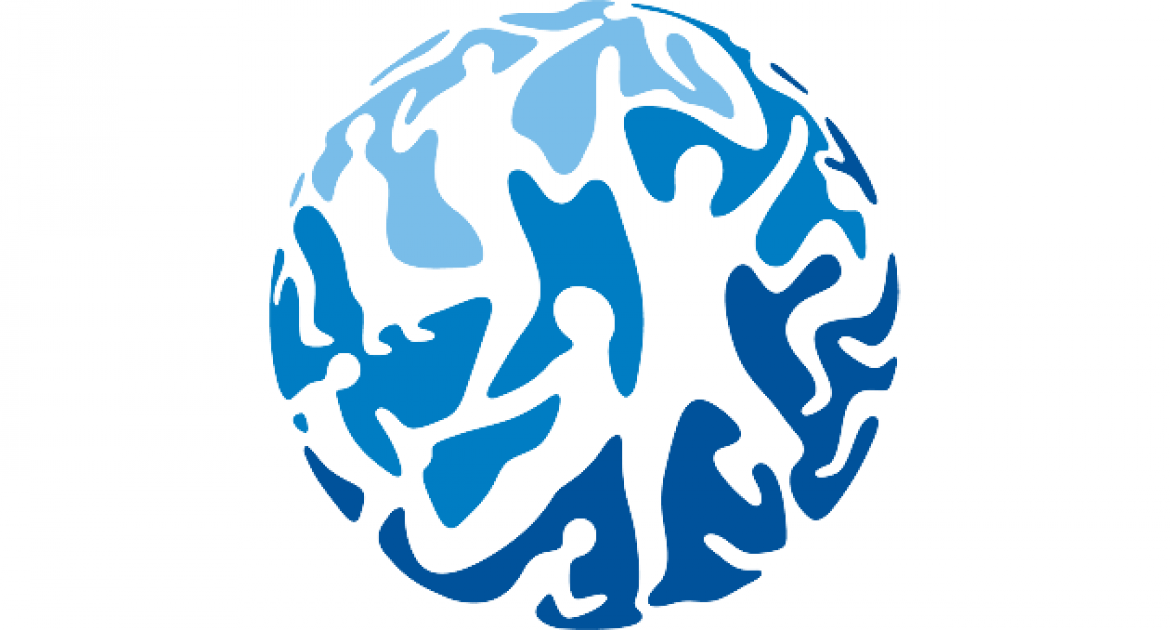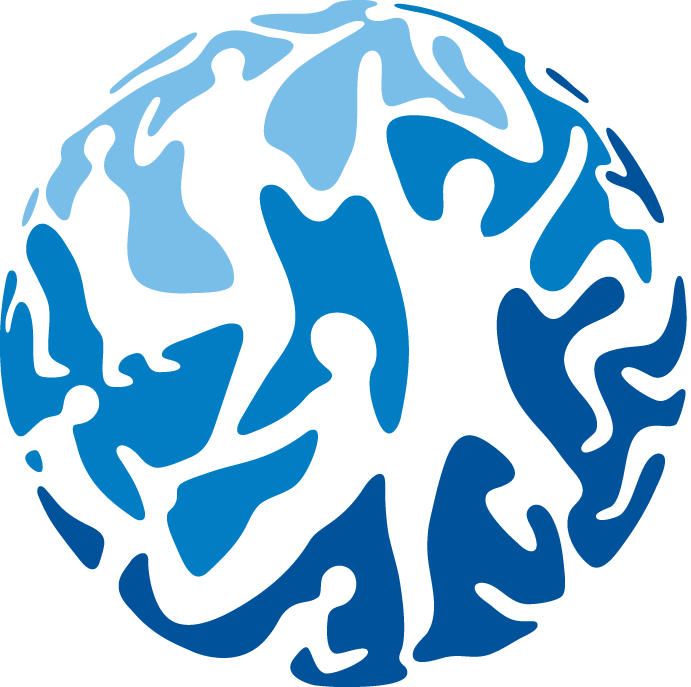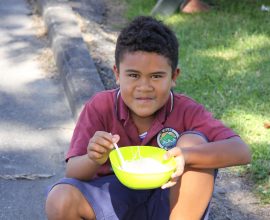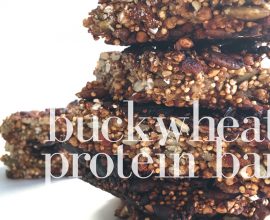
Essentials for all – and pregnancy essentials, too!
 |
| Ravinder Lilly, Writer and Dietitian |
The award-winning mix of vitamins, minerals and antioxidants that make up Essentials™ was originally formulated by USANA founder, Dr Myron Wentz. He calculated that if the formula could keep cells healthy, they could boost the health of the whole individual and 10 trillion or so cells that make a person.
Since then, and research has gradually altered our view and understanding of health and nutrition, the formula has evolved, too. For example, long before the worldwide awareness of wide-ranging vitamin D deficiency (even in the sun-drenched southern hemisphere), the research and development scientists at USANA raised concentrations to optimal levels. So, you could say that Essentials is constantly forming, evolving and improving. Essentials is a great daily choice for the health of people of all ages and stages – and that includes pregnancy!
 |
| A healthy diet and exercise are just two pregnancy essentials |
Pregnancy Essentials!
Women need more of some nutrients during pregnancy. Australia’s National Health and Medical Research Council (NHMRC) recommends a number of nutrients for pregnant and breastfeeding women.
Government experts advise the importance of key nutrients on top of a healthy diet and exercise. For more information on healthy eating in pregnancy, log onto: http://www.foodstandards.gov.au/
Folic acid
Getting enough folate/folic acid in pregnancy is vital because it helps to reduce the risk of neural tube defects. This is where the spinal cord does not close properly and can cause varying degrees of disability in the unborn baby.
Find folate in leafy green vegetables, leeks, oranges, wholegrains, wheat germ and unsalted nuts.
As well as eating folate-containing fruits and vegetables, the government strongly advises that women take a folic acid supplement (folate and folic acid are the same vitamin but it’s called folic acid when in supplement form). It is best to take this for three months before conception if possible and for the first three months of pregnancy. And since a number of pregnancies are unplanned, taking Essentials daily could be a brilliant nutritional health insurance!
• All pregnant women should take a supplement that contains folic acid.
• Food Standards Australia New Zealand (FSANZ) advises: ‘Look for supplements that contain at least 400 micrograms of folic acid.’
• Essentials provides 500mcg folic acid per daily dose making it a good choice during pregnancy.
• Women carrying more than one baby, those who are taking certain anticonvulsants, women with diabetes and those who have a tendency towards blood clotting or a family history of neural tube defects need to take a much higher dose of folic acid – talk with your doctor for individual advice.
Iodine
Mild-to-moderate iodine deficiency has been seen in Australia and New Zealand since the early 2000s. According to FSANZ: ‘Much of the Australian and New Zealand food supply is now low in iodine, which has led to widespread iodine deficiency .’
Lack of iodine can lead to irreversible learning difficulties in the unborn child.
• All women should take a supplement that contains iodine.
• During pregnancy, the NHMRC and the New Zealand Ministry of Health recommend that women take 220μg (220 micrograms) of iodine per day. Women who are breastfeeding should have 270μg per day .
• Essentials contains 300μg iodine per four tablet daily dose so it’s suitable for pregnancy and breastfeeding.
NB Seafood is a good source of iodine, as is seaweed and sushi but sushi is not recommended in pregnancy because it contains raw fish which should be avoided because of the small risk illness/mercury build up.
Vitamin D
Around one in three of us has mild D-deficiency which is essential for the body to absorb and use calcium.
For pregnant and breastfeeding women (and for all adults up to the age of 70), a daily dose of 15μg (or 600 IU) of dietary vitamin D is recommended. Scientists have set the safe upper limit as being 100μg (4000 IU) .
• Most pregnancy supplements provide less than the recommended adequate intake of 15μg (600 IU) so if you’re at increased risk of deficiency, consult your doctor for advice.
• Essentials contains 20μg (800 IU) per daily dose of four tablets.
Vitamin B12
Needed for the development of the nerves and for healthy blood, vitamin B12 is found mostly in animal products (such as meat, eggs and dairy). Algae is a vegan source but vegan mums-to-be may need a supplement of vitamin B12 daily.
• Essentials contains 200μg per four-tablet dose.
• Unlike some B12 containing nutrition supplements, Essentials is suitable for vegetarians.
But it takes two to make a baby…
Poor motility (how fast sperm swims) is a sign of DNA damage to the sperm and can be caused by free radicals.
According to Dr Anne Clarke from Sydney’s Fertility First which aims to help couples with pregnancy: ‘If more than 20 per cent of the sperm have evidence of DNA damage, the couple’s chances of getting pregnant is significantly reduced and the risk of miscarriage is three to four times higher.’
Diet is not the only factor but it is an important one. So, a healthy antioxidant-rich diet is an essential for men, too. Dr Clarke says that around one in eight men have an enzyme that makes it difficult to absorb folate from the diet. And, folate deficiency together with low levels of vitamin B6 and vitamin B12 are linked with DNA damage in sperm and that’s where a supplement can help build up healthy levels. Taking a good quality nutritional supplement for just two months can often reverse sperm DNA fragmentation said Dr Clarke. Talk to your doctor for more information.
Ask your doctor about whether you need to take iron and or calcium supplements in pregnancy.
Vitamin supplements cannot replace a healthy, balanced diet.




